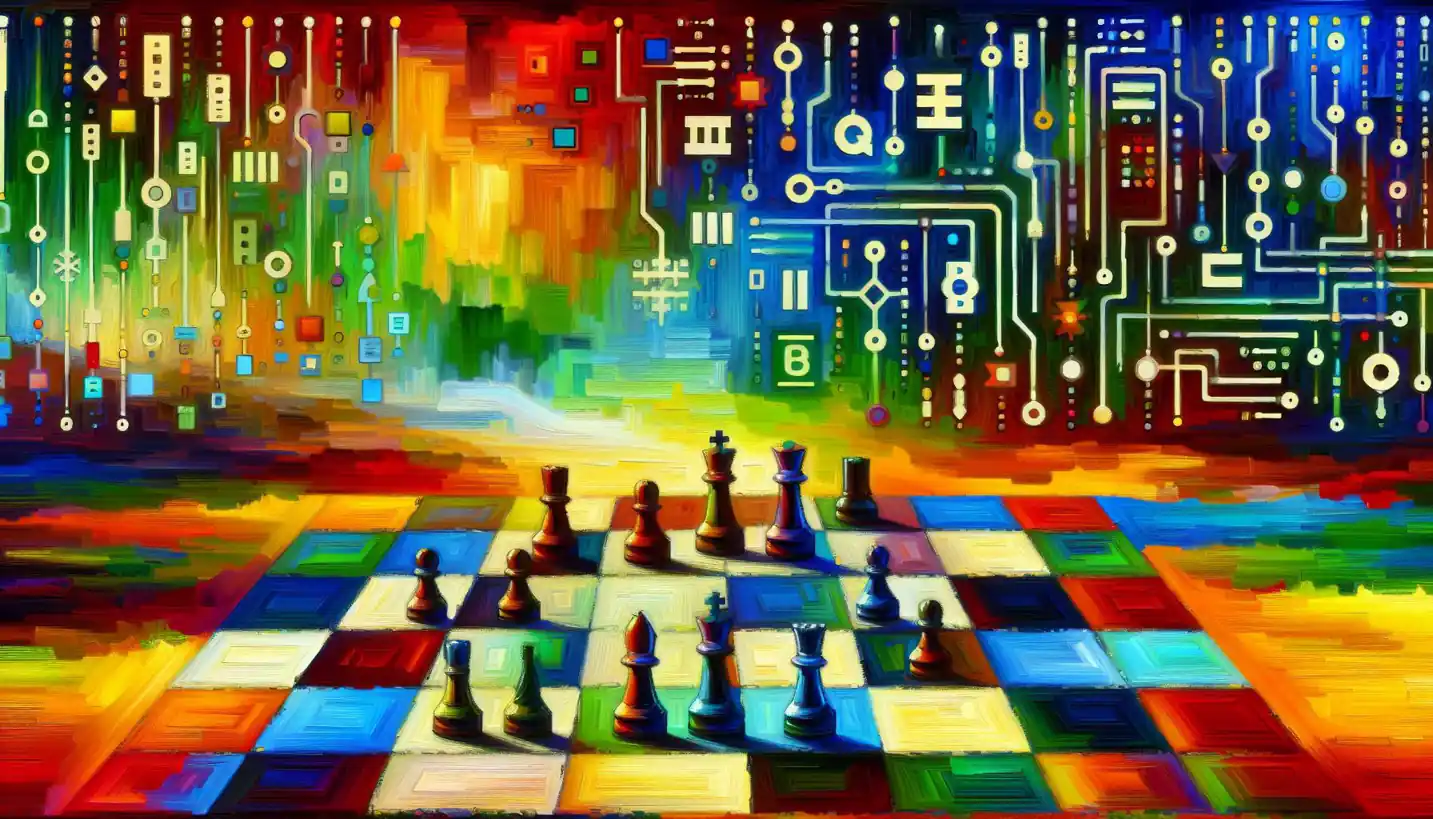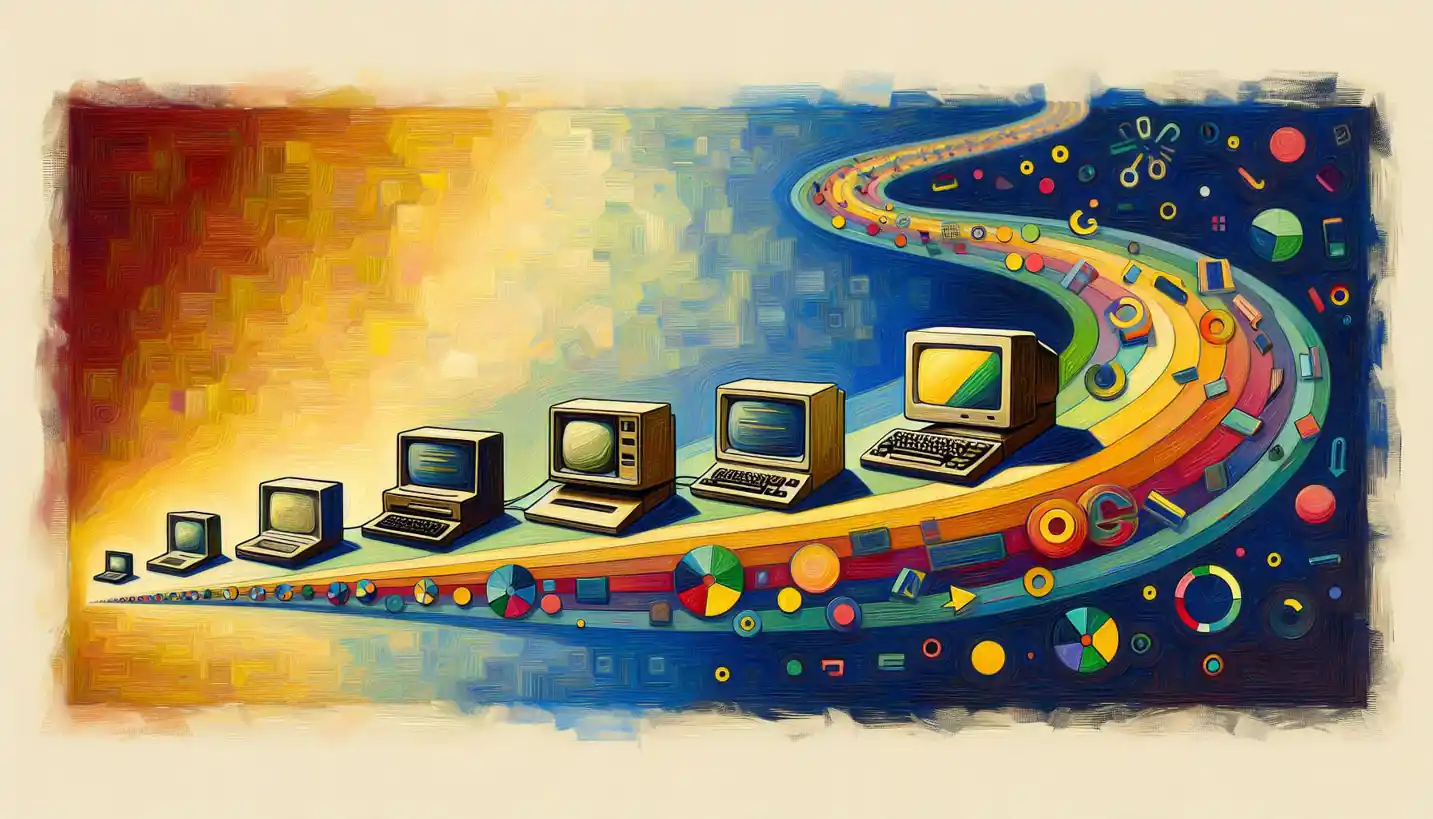· Computer Science · 3 min read
Smart Contracts: The Future of Blockchain Magic
Smart contracts are transforming blockchain by automating agreements without intermediaries. Dive into how this technology is reshaping finance and data security.

Blockchain technology has been making waves across the tech world, but one of its most captivating marvels is the smart contract. These digital agreements could transform everything from finance to real estate. Let’s delve into the world of smart contracts and see what the buzz is all about.
Smart contracts are essentially self-executing contracts with the terms of the agreement directly written into lines of code. Think of them as digital vending machines: once certain conditions are met, the contract automatically executes the desired action.
The Birth of Smart Contracts
The concept of smart contracts was first proposed by Nick Szabo in the 1990s, long before Bitcoin or blockchain came into being. Szabo, a computer scientist and cryptographer, envisioned using digital means to formalize and secure relationships between parties. The blockchain, with its decentralized and immutable nature, became the perfect host for these contracts.
How Do Smart Contracts Work?
At their core, smart contracts function in a “if-this-then-that” manner. They are deployed on the blockchain, where they sit and wait for their conditions to be met. Once they are, the contract executes automatically. This automation removes the need for intermediaries, making transactions faster and often cheaper.
Consider buying a house. Traditionally, you deal with agents, lawyers, and banks, which can complicate the process. With smart contracts, once the buyer transfers the agreed amount, the ownership documents get transferred automatically via blockchain. No middlemen required!
Benefits of Smart Contracts
One major advantage of smart contracts is their transparency. Once deployed on the blockchain, anyone can view the terms, ensuring clarity and reducing disputes. They are also secure—since they’re on the blockchain, altering a smart contract requires changing the entire chain, which is computationally intense and practically impossible without consensus.
Moreover, smart contracts save time and money. Without the need for intermediaries, costs are slashed, and transactions are swift. They also reduce human error, as everything is coded and predefined.
Real-World Applications
Smart contracts are already finding applications in many sectors. In finance, they can streamline complex loan processes or automate insurance claims. In supply chains, they can track goods, ensuring authenticity and timely delivery. Real estate deals, as we mentioned earlier, can become incredibly straightforward.
Another exciting application is in decentralized finance (DeFi). Here, smart contracts act as the backbone for lending, borrowing, and trading platforms, offering services that were once confined to traditional banks.
Challenges and Considerations
Despite their potential, smart contracts are not without challenges. Coding errors can lead to significant issues, including financial loss. The infamous DAO hack in 2016, where attackers exploited a vulnerability to steal millions, showed the stakes are high.
There’s also the question of legal recognition. Not all jurisdictions recognize smart contracts as binding, leaving room for legal complications. As these contracts become more prevalent, laws need to evolve to accommodate them.
Finally, there’s the matter of privacy. Since blockchain is public, contract details are visible to everyone, which can be a downside for sensitive agreements.
The Future of Smart Contracts
Smart contracts are evolving. As blockchain technology advances, so will their capabilities. We might see more complex and legally compliant smart contracts that can handle even more intricate transactions.
Imagine a world where all processes are automated, transparent, and error-free. Although it sounds futuristic, it’s not far from reality. Smart contracts could soon redefine how we think about trust and agreements.
In conclusion, smart contracts are a game-changing innovation in the blockchain universe. They promise to make our digital interactions more efficient and secure. As the technology matures, the possibilities are boundless, opening doors to a frictionless future.
Curious to explore more? Keep an eye on blockchain developments—they’re set to revolutionize our world in unexpected ways.



